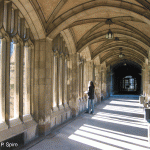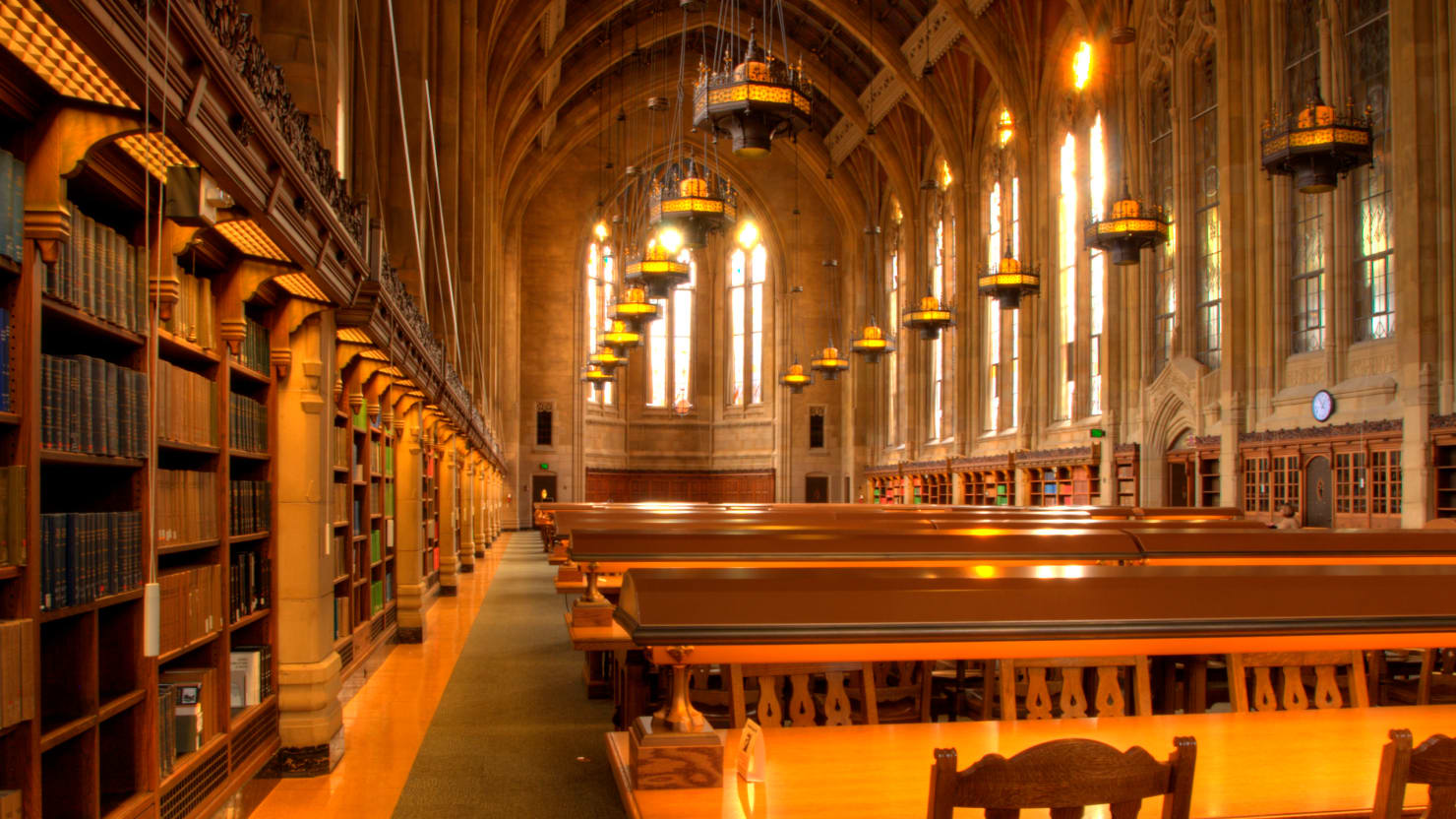Best Law Schools in Canada – McGill Faculty of Law – Part 1
The following is a comprehensive overview of the Best Law Schools in Canada, this is an article series – here are their respective parts: Part 1, Part 2, Part 3. The law schools discussed in this series are in no particular order.
When you were growing up, were you always successful in talking yourself out of trouble? Did you always end up
winning the debate with your parents? Were you able to persuade your little brother – on a regular basis – to do the dishes even if it is your turn, without even paying him or giving him goodies?
While you might have been your parents’ constant pain in the ass when you were growing up, these qualities mean one great thing: you have got what it takes to become a successful lawyer.
Now it’s time to put your reasoning, debating and persuading your skills to good use! Become Canada’s next top lawyer by securing a spot at McGill University’s prestigious Faculty of Law.
McGill Faculty of Law: A Tradition of Excellence
It was the year 1848 – 23 men who were studying for the Quebec Bar signed a petition that would grant them a law degree after all their hard work. Their appeal was not ignored – in fact, it paved the way for the creation of the oldest law school in Canada – the McGill University Faculty of Law – almost two decades before the Confederation.
The faculty had but simple beginnings; it only had two professors and two lecturers in 1853. Thankfully, a generous 200,000 endowment made by William MacDonald helped the university to structure its curriculum. It also enabled
the then-professors to hire more educators who have helped make the Faculty into the well-respected institution it is today.
Today, McGill Law is highly-venerated amongst lawyers based in Canada (and other parts of the globe) for its excellence in teaching and research. Throughout the years, the school has molded students into reputable lawyers, such as the likes of Prime Ministers John Joseph Caldwell and Wilfrid Laurier, UN Human Rights Founding Director John Peters Humphrey and Roderick MacDonald, founding President of the Law Reform Commission of Canada.
Why Study at McGill Faculty of Law?
To become a great lawyer, you need to have great reasoning and analytical skills, among many other important qualities. While you might be born with these, you need to have it honed before you take the podium and say “Objection, your honor!”
So how will you be able to do this, you ask? Well, you need to seek topnotch education – something that McGill University can provide. Here are the Faculty’s strong points – and why it remains to be the best place in Canada to learn law education.
Transsystemic approach
At McGill, you will be taught the concept of bijuralism, or the integrated exploration of civil and common law concepts. This method enables its students to come home with a cosmopolitan understanding of law – a scope that reaches beyond traditions and jurisdictions. As a result, McGill law students emerge with great analytic minds, critical reflection skills, and overall awareness to diverse legal issues.
Focus on public and private law
No matter what area of practice you would like to delve in, you need to have a great understanding of public and private law. McGill University assures you of this knowledge with its courses in legal pluralism, social analysis and legal theory.
International Law courses
McGill University takes pride in having students from different parts of the globe. With this diversity, the Faculty ensures the proficiency of its local and foreign students with global matters through its international law courses.

Combined B.C.L and LL.B program
McGill’s transsystemic approach and integrated program allows you to graduate with a combined B.C.L. and LL.B (civil law and common law) degrees. This is advantageous because those who wish to practice in Quebec need to have a B.C.L. (Note that a Juris Doctor degree offered by other universities will not suffice as per Quebec law standards.)
By completing this 105 unit-double degree, you will be eligible for the Bar Admissions Programs of any Canadian province. This degree permits admission in certain American states as well (Massachusetts and New York.)
Weighing the Pros and Cons
Maybe you have several law acceptance letters on your desk. The question running through your mind might be, “Why should I ditch the other universities and study at McGill?”

Let this pros and cons list help you decide your future as a lawyer:
Pros
Being a McGill student gives you prestige and bragging rights. After all, the Faculty of Law is one of the best law schools in Canada (second after University of Toronto,) and the 27th best in the entire world, according to the 2013 QS World University rankings.
McGill’s ombined B.C.L and LL.B program that allows you to practice at all Canadian states, even New York and Massachusetts.
The university employs a holistic method of accepting applicants. Even if you are not the brightest in your undergraduate class, you can still obtain a highly-coveted spot in the roster if you exhibit the following qualities: impressive academic scores, stellar linguistic abilities and involvement in extracurricular activities. In short, you need not necessarily be a genius in order to get into McGill – you just need to be a well-rounded person who can thrive in Faculty’s competitive environment.
LSAT examination is not required upon admission, although you need to report your score if you have taken this exam. In fact, the screening committee weighs GPA more than the student’s LSAT exam results.
McGill offers affordable education. Despite its premier reputation, McGill education is considered one of the cheapest in Canada. Quebec residents pay an average of CAD 3,600+ while residents from other states pay about CAD 7,150+. Other Canadian law schools ask thrice the amount from their students.
Cons
Competitive admission process. As the country’s top law school, the Faculty enforces a strict screening criteria. Usual rates are the following: median GPA of 83% and median LSAT score 160.
Unlike other Canadian universities, McGill is strict about the applicant’s bilingualism. For you to be admitted into this university, you need to be proficient with both English and French – and this might be a boon for those who came from other countries and are not fluent with French. McGill only accepts candidates who have a 250+ score in their French Self-Assessment exam.
Expensive tuition for international students. If you come from a different country, be prepared to pay as much as CAD 22,000+ for McGill law education. This rate is comparably higher compared to other law schools, such as Moncton and Osgoode, whose international student tuition fees are at CAD 8300+ and CAD 17,600+ respectively.
Bottom line
With its excellent reputation in the local and international law community – not to mention its affordable tuition fees – studying law at McGill University is something you should aspire for if you want to become an excellent lawyer.
With a McGill diploma, you can follow the footsteps of the alumni before you. Who knows? You might become Canada’s next Supreme Court justice – or even the next Prime Minister!













